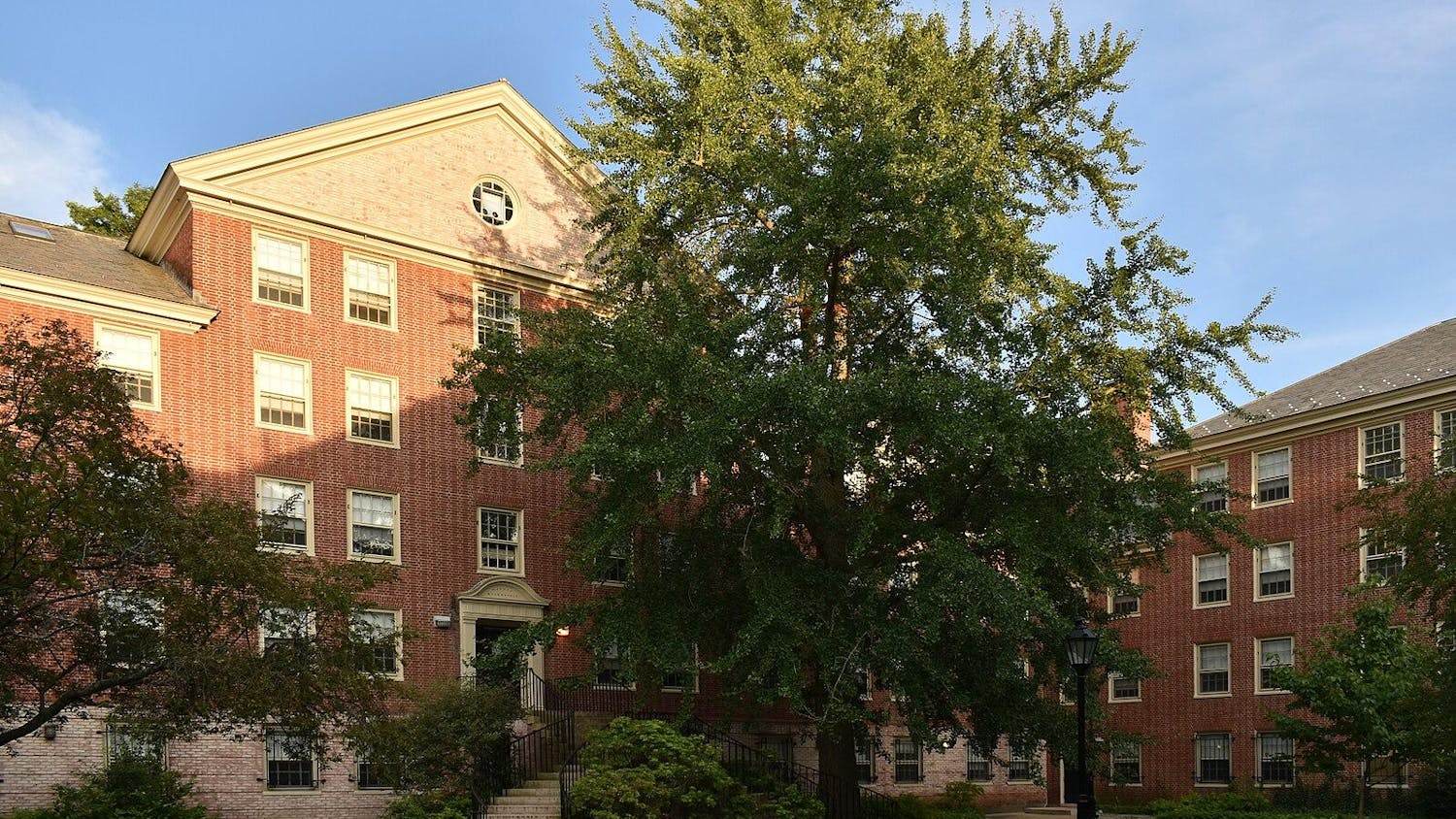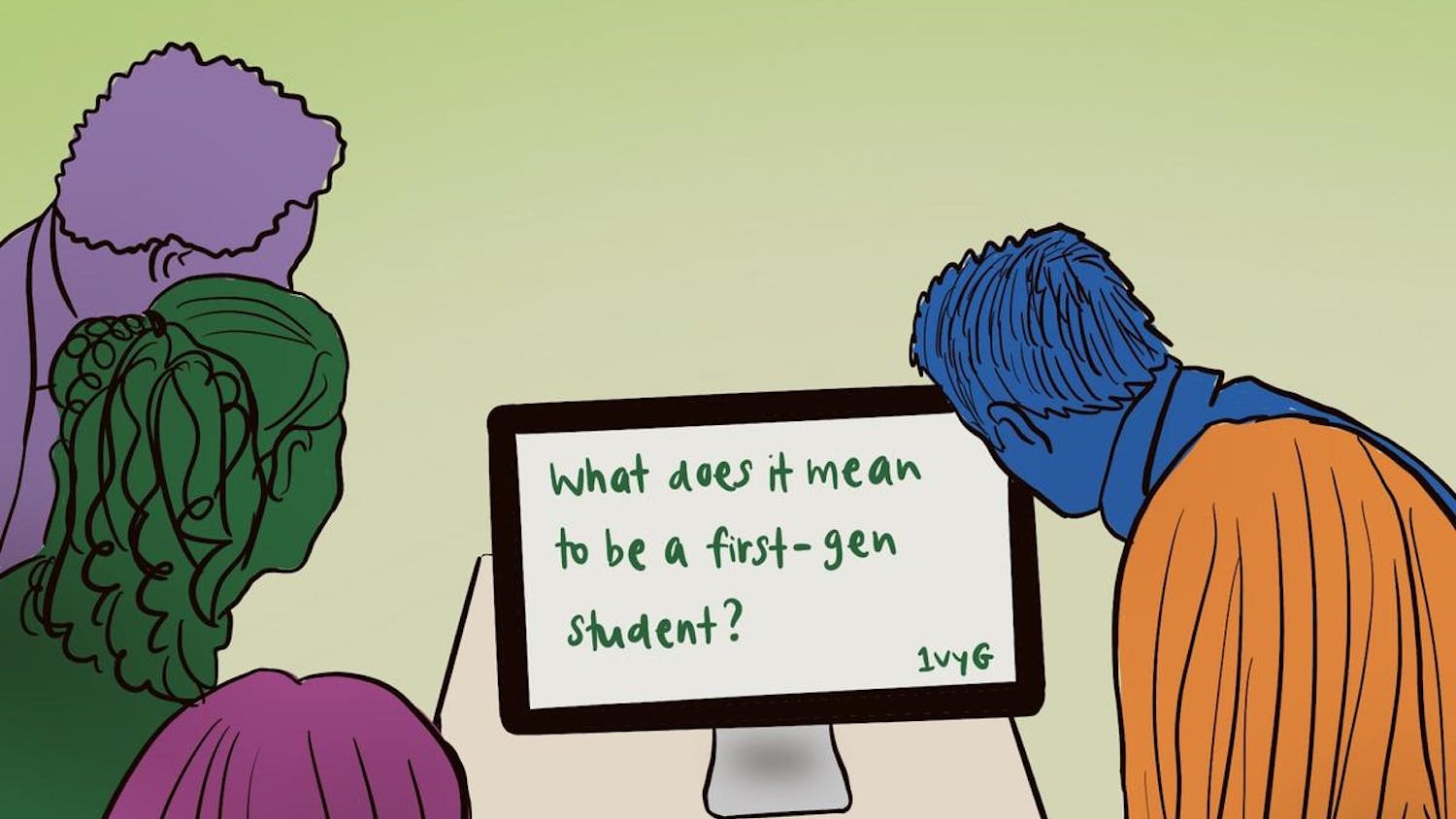The “Speak About It” sexual assault prevention program, a staple of first-year orientation for the last three years, may not return to the University following widespread negative student feedback since last spring.
A group consisting of members of campus advocacy groups, Residential Peer Leaders, members of the Sexual Assault Task Force and independent student activists approached the Health Promotion Office in February 2015 with concerns about the presentation’s content, recommending that a student-generated training replace it, said Nico Sedivy ’17, an independent activist who is working to replace the current program.
“A student-produced program would be more relatable and potentially more thoughtful,” Sedivy said.
Speak About It, produced by a company of the same name, consists of a traveling group of actors and coordinators who use “a combination of humorous yet provocative skits, interactive dialogue and powerful monologues” to address “consent, sexual assault and bystander intervention,” according to the organization’s website.
The presentation was first shown to an incoming first-year class in 2013, when Speak About It signed a two-year commitment with the University, Sedivy said. The February 2014 discussion with Health Promotion, Sedivy added, was initiated in response to the contract’s upcoming expiration and the possibility that Speak About It could be replaced in fall 2015. After student proposals for a replacement program were deemed insufficient, the University signed a temporary commitment in April that would last for just one year, with the goal of eventually reevaulating the presentation for the fall of 2016, Sedivy added. Speak About It was most recently delivered Sept. 7 to the class of 2019.
Student leaders criticized the program, and many cited its format as counterproductive. Justice Gaines ’16, a member of last year’s Sexual Assault Task Force, said the program’s use of skits and situational comedy detracted from its message. The attempts at infusing humor into a serious topic “is disconnected from what the reality of sexual assault looks like,” Gaines said.
But criticisms regarding Speak About It, Gaines added, stretched beyond inappropriate style. “A lot of survivors have been saying that it’s not properly or fully representative of survivors’ experience,” Gaines said. The diversity of experience did not come across as genuine, and situations with LGBT individuals were not presented well, Gaines added.
The Undergraduate Council of Students will support continued student initiatives to replace Speak About It, said UCS President Sazzy Gourley ’16. “There was concern about how consent was framed at the event, as being ‘sexy’ rather than necessary,” Gourley said. “Humor was used to such an extent that it detracted from the message,” he added.
Many first-years with fresh memories of last week’s performance also cited concerns with the way the concept of consent was presented. The portrayal of consent as enhancing sexual experiences ignored the reality that such episodes may not proceed so smoothly, said Anna Murphy ’19. “The association (between consent and sexiness) became exclusive,” she said. “When consent stops being sexy, what happens?”
Consent as an idea was presented “more lightly than was deserved” during the presentation, said Scott Fogle ’19. The playful atmosphere, he added, assumed that everyone watching was at similar levels of comfort with the content. “It undermines the seriousness of the issue,” he said.
Kyle Tildon ’19 suggested that “an honest, candid conversation about the realities of sexual assault” and healthy sexuality would serve first-years more effectively.
Sedivy said that the students involved in meetings with Health Promotion — which continued from February 2015 until the April 2015 signing of the temporary commitment with Speak About It — pitched the format of a sequence of student-produced videos detailing realistic consent situations. The proposal also included a panel of student leaders who would discuss Brown campus values and how those relate to healthy sexuality.
Health Promotion did not respond to requests for comment for the article.
The proposal will be reintroduced later this year once it has been fully fleshed out, Sedivy said, and replacement of the current presentation remains the goal.
Speak About It’s return is “hopefully not likely,” Sedivy added.




